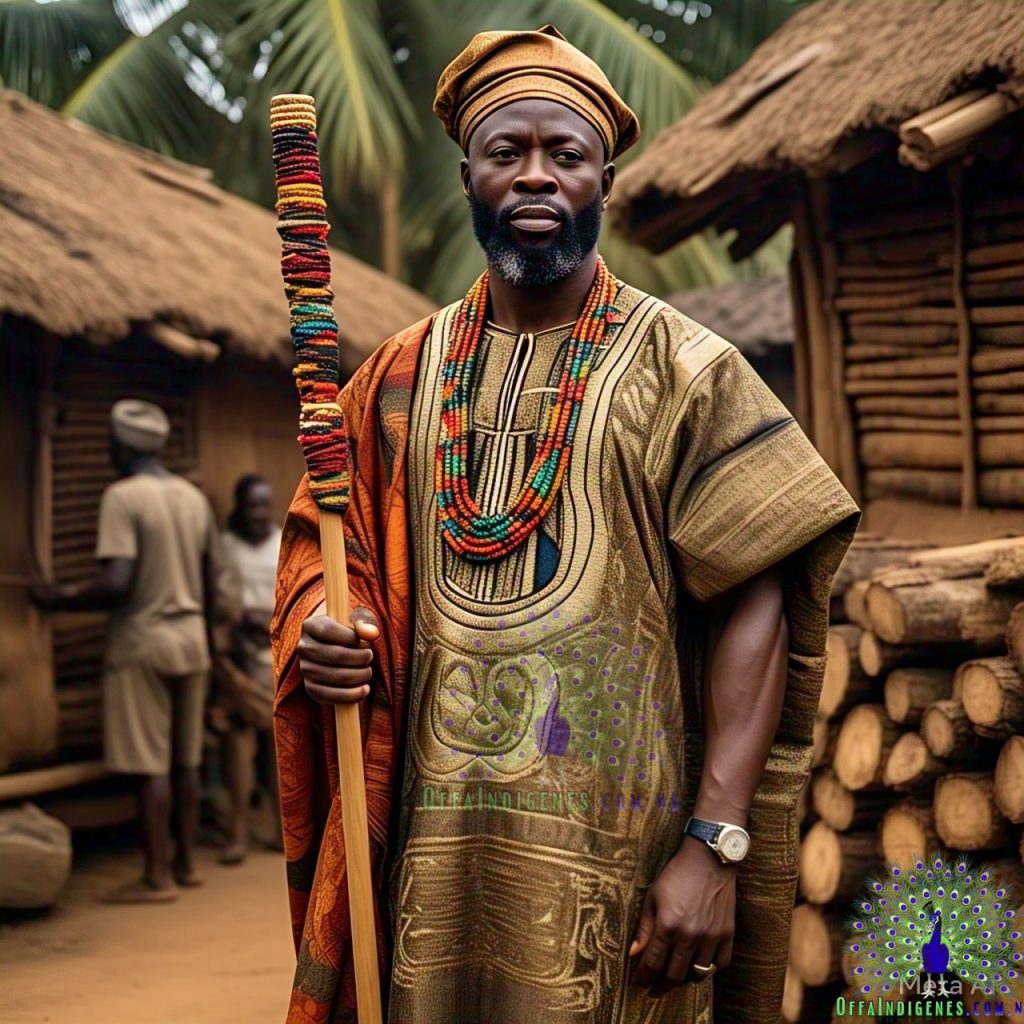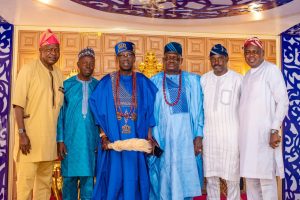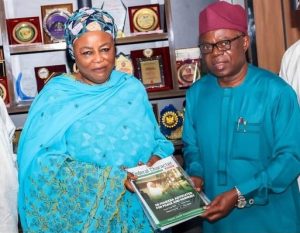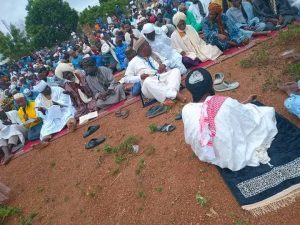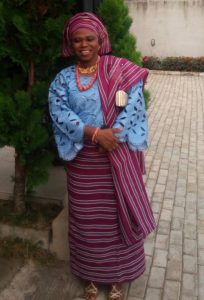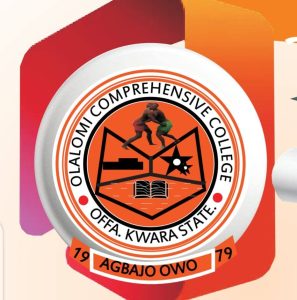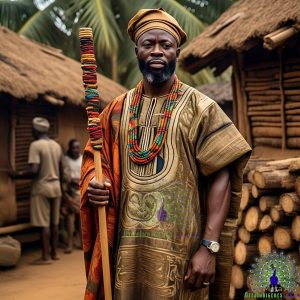The Legacy of Eesa Atagisoro: A Historical Insight into Offa’s Prominent Leader
Offa, a historic town in Kwara State, Nigeria, boasts a rich cultural and political history shaped by influential figures. One such figure is Eesa Idowu, the first person to bear the title of Eesa in Offa during the reign of Oba Olugbense. His legacy, deeply interwoven with Offa’s historical and economic development, continues to be remembered through generations. This blog post explores the life, influence, and legacy of Eesa Idowu Atagisoro, shedding light on his contributions to Offa’s socio-economic and cultural landscape.
The Emergence of Eesa in Offa
Historical records trace the origins of the Eesa title in Offa to Olaoye Idowu. He and his people, originally from Offa Eesun, settled in an area known as Ile Arogun in Isale Ago. Engaging in the trade of yam flour (elubo), they established a marketplace that became known as Oja Arogun, also referred to by elders as Oja Oke Eesa. This market became a crucial hub for trade and economic interactions in the region.
The Discovery of Muu River
During their settlement at Ile Arogun, Eesa Idowu instructed his people to find a nearby water source. They discovered a river south of their settlement, along the present-day Ikotun road. The river was named Muu, originating from a conversation between Eesa and his people regarding the type of grass they saw in the river. Upon their response, “Imu grass,” Eesa declared the river’s name as “Muu ti Eesa,” which has remained significant in Offa’s history.
Oluwe Ayoka Okin: The Beloved Wife of Eesa Idowu
Eesa Idowu was married to several wives, among whom Oluwe Ayoka Okin held a special place. Oral tradition tells of her frequent visits to a hunter’s lodge (odo ode) to buy meat while still residing in Offa Eesun. On one occasion, during a return trip from Oba Olugbense’s palace with her husband, it began to rain, prompting her to seek shelter at the hunter’s lodge.
When the hunter realized who she was, he fled, fearing the implications of hosting the wife of a prominent man. Oluwe narrated the event to her husband upon his arrival, and despite her suggestion to continue their journey, Eesa decided they would stay at the lodge. This place later became known as Ile Oluwe, a site associated with her legacy.
Oluwe’s Influence on Eesa’s Relocation
Due to her deep love for Eesa, Oluwe expressed concern over the distance between their home and her father’s house, separated by an expanse of forest. She pleaded with Eesa to relocate closer to her family. Understanding her concern, Eesa consulted Ojomu Gedegebe to seek approval for the move. Ojomu, after much deliberation, consented but advised Eesa to leave some of his people behind at Ile Arogun. Following this, Eesa relocated, and the new settlement became known as Ile Atagisoro.
The Origin of “Atagisoro”
The name “Atagisoro” emerged from Eesa Idowu’s wealth and trade in firewood. The phrase “a ta igi ṣe oro” translates to “the firewood merchant” or “the wealthiest firewood seller.” At Ile Atagisoro, Eesa amassed considerable wealth through firewood sales. His numerous slaves and pawns (iwofa) worked as woodcutters, enabling him to dominate the trade. The success of this venture elevated his status, and he became widely recognized as Eesa Atagisoro.
Eesa’s Lasting Legacy
Eesa Atagisoro’s influence extended beyond commerce. His name became synonymous with wealth and prominence, and whenever he attended palace meetings, people would announce, “Eesa Atagisoro is coming.” Even after his passing, none of his descendants assumed the title of Eesa. However, they maintained their historical ties to Ile Arogun, adopting the title Arogun in remembrance of their ancestry.
Today, Ile Arogun remains a significant historical site in Oke Eesa, Offa, where people continue to honor the enduring legacy of Eesa Atagisoro.
The story of Eesa Idowu Atagisoro exemplifies resilience, entrepreneurship, and leadership. From his emergence as the first Eesa of Offa to his prominence as a successful firewood trader, his influence continues to be felt in Offa’s history. The significance of Ile Arogun, Oja Arogun, and Ile Atagisoro stands as a testament to his enduring legacy.

